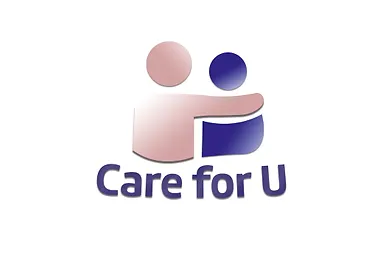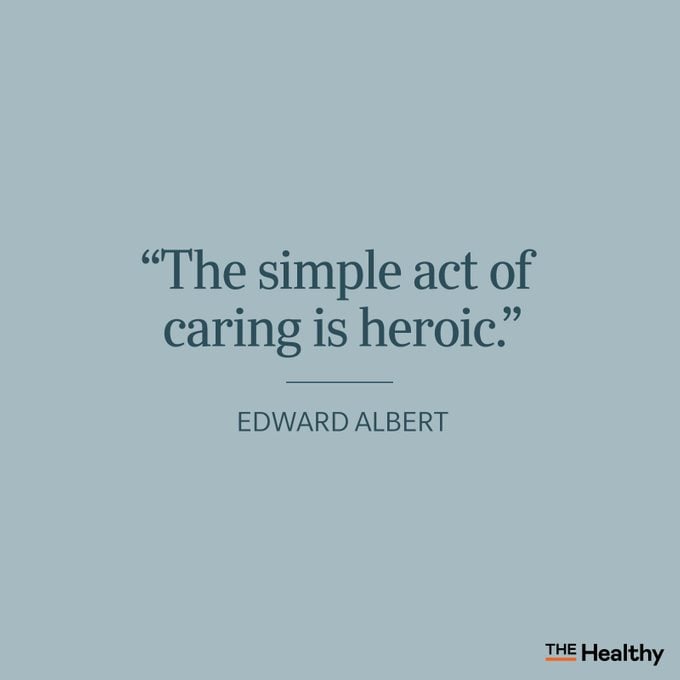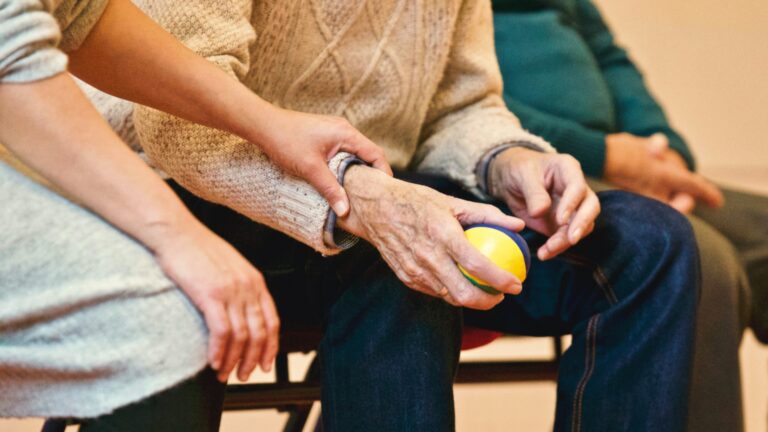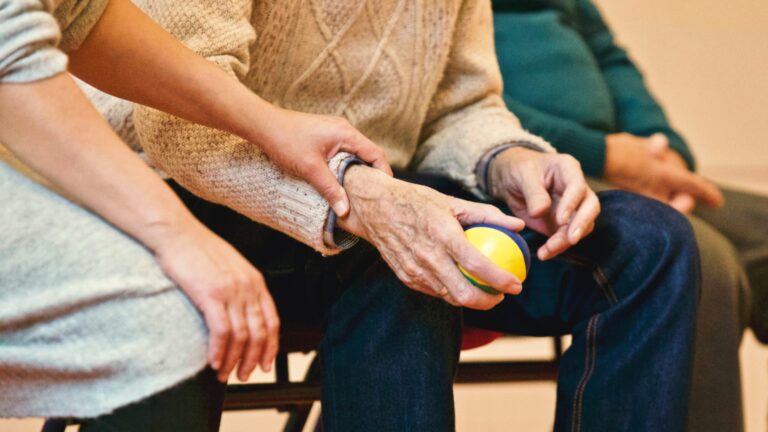Understanding the Needs of Elders
As people age, their bodies and minds change, and they may find it challenging to carry out daily tasks independently. Elders may experience physical difficulties like limited mobility, chronic pain, and reduced sensory functions, which can make it difficult to perform tasks like cooking, cleaning, and self-care. Elders may also experience cognitive impairments like memory loss, confusion, and difficulty with decision-making, which can make it difficult to manage finances, medications, and other aspects of daily life. Understanding the needs of elders is crucial to providing effective care.
To meet the needs of our elders, caregivers must take a holistic approach that addresses physical, emotional, and social needs. Physical needs may include assistance with activities of daily living (ADLs), such as bathing, dressing, and grooming. Emotional needs may include companionship, emotional support, and mental health care. Social needs may include opportunities for socialization, engagement in meaningful activities, and access to community resources.
Importance of Elder Care
Elder care is of utmost importance, not only for the well-being of our elders but also for the overall quality of life of our communities. Elders are often vulnerable to neglect, abuse, and isolation, which can have devastating consequences for their health and well-being. Elder care can help prevent these negative outcomes and promote positive health outcomes, such as improved physical and mental health, increased social engagement, and enhanced quality of life.
In addition to its benefits for elders, elder care can also have positive effects on caregivers. Caregiving can be a rewarding experience that strengthens bonds and creates good memories. Caregivers may also gain valuable skills and insights that can benefit them in their personal and professional lives.
Elder Care Statistics
According to the World Health Organization (WHO), the global population of people aged 60 years and above is expected to double from 12% to 22% between 2015 and 2050. These statistics highlight the growing importance of elder care as a public health concern.
Despite the increasing need for elder care, many elders do not receive the care they need. However, many elders face barriers to aging in place, such as limited access to transportation, inadequate housing, and a lack of social support.
Types of Elder Care
There are several types of elder care, including in-home care, assisted living, and nursing homes. In-home care involves a caregiver providing assistance with ADLs, medical care, and other tasks in the elder’s home. Assisted living facilities provide housing, meals, and personal care services to elders who require some assistance but do not need nursing care. Nursing homes provide 24-hour skilled nursing care to elders who require extensive medical care and supervision.
Choosing the right elder care option for your loved ones can be a challenging decision. It is important to consider factors such as the elder’s medical needs, financial resources, and personal preferences. In some cases, a combination of different types of care may be necessary to meet the elder’s needs.
Challenges of Elder Care
Caring for our elders can be a challenging and complex task that requires patience, understanding, and specific skills. Caregivers may face physical, emotional, and financial challenges that can impact their well-being and the quality of care they provide. For example, caregivers may experience physical strain from lifting and assisting elders, emotional stress from the demands of caregiving, and financial strain from the costs of care.
Elders may also experience challenges related to their care, such as social isolation, financial insecurity, and difficulties accessing appropriate care. Elders may also experience abuse or neglect, which can have serious consequences for their health and well-being.
Coping with the Emotional Impact of Elder Care
Caring for our elders can be an emotional experience that requires caregivers to navigate complex feelings of love, loss, and responsibility. Caregivers may experience grief, guilt, and anxiety related to their role as caregivers. It is important for caregivers to seek emotional support and practice self-care to manage the emotional impact of caregiving.
Emotional support may include talking to friends and family, joining a support group, or seeking professional counseling. Self-care may include activities like exercise, meditation, and time for hobbies and interests. It is also important for caregivers to set realistic expectations and boundaries, and to communicate openly with their loved ones and care team.
Resources for Elder Care Support
There are many resources available to support caregivers and elders in their care journey. These resources may include local community organizations, government programs, and online resources. Local community organizations may provide services like transportation, meal delivery, and social activities. Government programs may provide financial assistance, health care coverage, and other services. Online resources may provide information, education, and support for caregivers and elders.
It is important for caregivers and elders to seek out and utilize these resources to support their care journey and promote positive outcomes.
Caring for our elders is an essential part of promoting healthy aging and supporting our communities. Elder care can provide numerous benefits for elders and caregivers alike, including improved health, well-being, and quality of life. Understanding the needs of elders, choosing the right type of care, and seeking out resources and support can help ensure a positive care experience for all involved. By prioritizing elder care, we can create a more compassionate and connected society that values the contributions of all generations.




